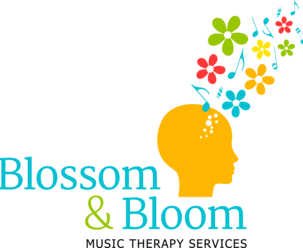






A professional music therapist holds a bachelor's degree or higher in music therapy from one of over 70 American Music Therapy Association (AMTA) approved college and university programs. The curriculum for the bachelor's degree is designed to impart entry level competencies in three main areas: musical foundations, clinical foundations, and music therapy foundations and principles as specified in the AMTA Professional Competencies.
In addition to the academic coursework, the bachelor's degree requires 1200 hours of clinical training, including a supervised internship. Graduate degrees in Music Therapy focus on advanced clinical practice and research. Upon completion of the bachelor's degree, music therapists are eligible to sit for the national board certification exam to obtain the credential MT-BC (Music Therapist - Board Certified) which is necessary for professional practice. The credential MT-BC is granted by a separate, accredited organization, the Certification Board for Music Therapists (CBMT), to identify music therapists who have demonstrated the knowledge, skills and abilities necessary to practice at the current level of the profession. The purpose of board certification in music therapy is to provide an objective national standard that can be used as a measure of professionalism by interested agencies, groups, and individuals.
For more information about music therapy please refer to the national organization, American Music Therapy Association: www.musictherapy.org
For more information regarding the requirements and details of the Certification Board for Music Therapists please refer to: www.cbmt.org